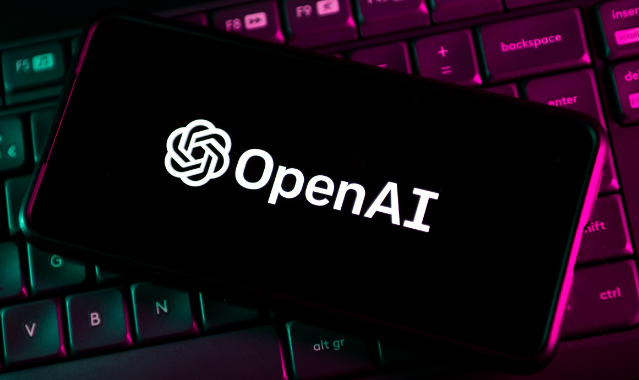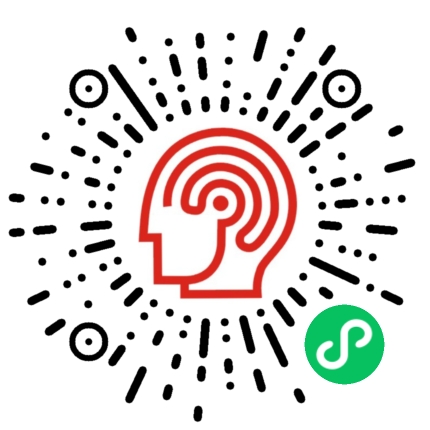AI ChatGPT Questioning Technique Optimization Guide
-

ChatGPT is a powerful natural language processing model, but optimizing your questioning approach is essential for better responses. This article discusses how to refine questioning techniques to obtain higher quality answers, with examples to enhance your interaction with ChatGPT.
- Clear and Concise Questions
Ensure your questions have a clear and straightforward structure. Avoid vague or overly complex questions, as they may lead to ambiguous answers. ChatGPT understands direct questions more effectively.
- Poor question: "I need some information about the solar system."
- Optimized question: "Please provide details about the solar system."
- Specific Questions
Ask specific questions to enable ChatGPT to provide precise answers. Overly broad questions often result in vague responses.
- Poor question: "Tell me something about science."
Optimized Question: "Please explain what a black hole is."
- Add Context
Provide some contextual information to help ChatGPT better understand your question. Context can include keywords, related questions, or relevant information.
Poor Question: "How to cook noodles?"
Optimized Question: "I want to learn how to cook pasta, can you tell me how to do it?"
- Clarify Your Needs
Let ChatGPT know the type of response you expect. Do you need an explanation, definition, list, comparison, or another type of answer? Clarifying your needs helps ChatGPT better meet your expectations.
Poor Question: "Tell me about the internet."
Optimized Question: "List the top five important historical events in the development of the internet."
- Avoid Negative Questions
ChatGPT may misinterpret or provide unethical responses if you ask negative questions. Avoid questions related to ethics or inappropriate topics.
Poor question: "Why shouldn't we help others?"
Optimized question: "Please share some ways to help others."
- Multi-step Questions
For complex questions, consider breaking them down into multiple steps to make it easier for ChatGPT to understand and respond.
Poor question: "Tell me about the history, applications, and future prospects of artificial intelligence."
Optimized question: "First, explain the history of artificial intelligence. Next, discuss its applications. Finally, talk about the future prospects of AI."
- Follow-up Questions
ChatGPT can provide initial answers, but you can ask follow-up questions to get more detailed information. Gradually delve deeper into the topic to obtain a more comprehensive response.
Poor Question: "Tell me about the universe."
Optimized Question: "What are black holes? How do they form? What impact do they have on the universe?"
- Respect ChatGPT's Capabilities
While ChatGPT is powerful, it has limitations. Respect its abilities and understand that it may not be able to answer some questions or may provide inaccurate information.
Poor Question: "Predict the future stock market trends."
Optimized Question: "How should I develop an investment strategy?"
Example: Optimizing Question Phrasing
Original Question: "Tell me something about travel."
Optimized Question: "Can you recommend five beautiful beach resorts I can visit for a summer vacation?"
By optimizing the way you ask questions, you can better interact with ChatGPT and obtain higher-quality responses. These techniques can be applied to various scenarios, including learning, research, entertainment, and problem-solving. ChatGPT will better understand your needs to provide more satisfactory answers.
AI Online Experience: https://ai.cy211.cn/

- Clear and Concise Questions
